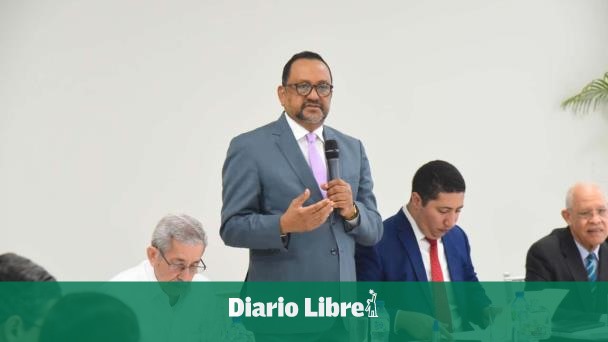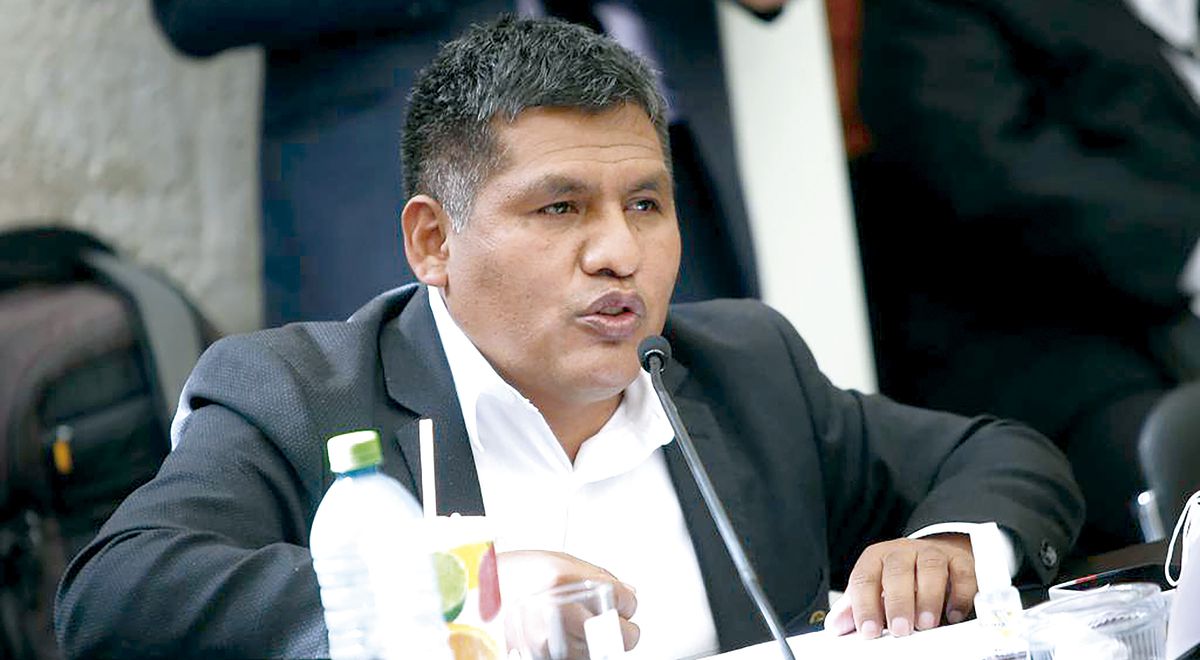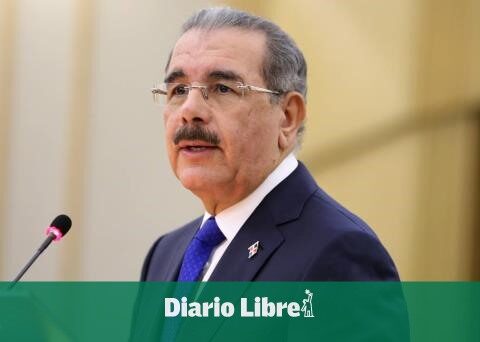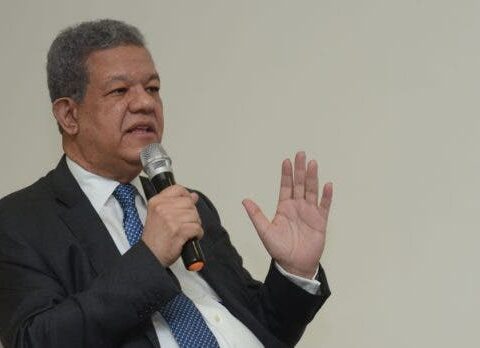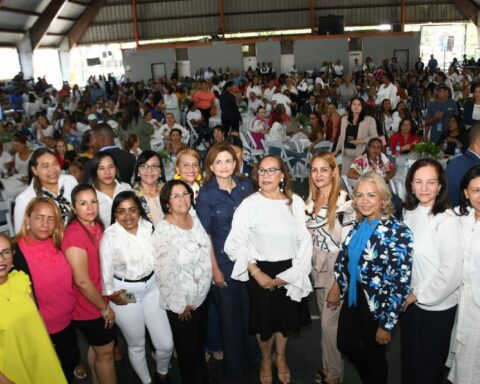During the knowledge of the final report of the table of Transparency and Institutionality, the Legal consultant of the Executive powerAntoliano Peralta, indicated that some reforms in the Constitution cannot be carried out, because the figure of the referendum.
Peralta’s pronouncements were due to questions made by Arsenio Hernández Fortuna of the Broad Front party, to the modification of the Constitution of the Republic that the Government is posing.
Hernández Fortuna pointed out that the Dominican Republic needs a constitutional reform that goes far beyond what the Government and highlighted the same as “very shy”.
“We understand that the proposal is very timid, conservative and very limited, it is necessary to discuss at this time essential issues such as the redistribution of wealth after more than 50 years of economic growth in which, as is well known, the majority of the population is poor,” said Hernández Fortuna.
Given these pronouncements, the legal consultant indicated that it is not the first time that people have raised the need for reforms to be introduced “more radical and of more transcendence” in the Constitution.
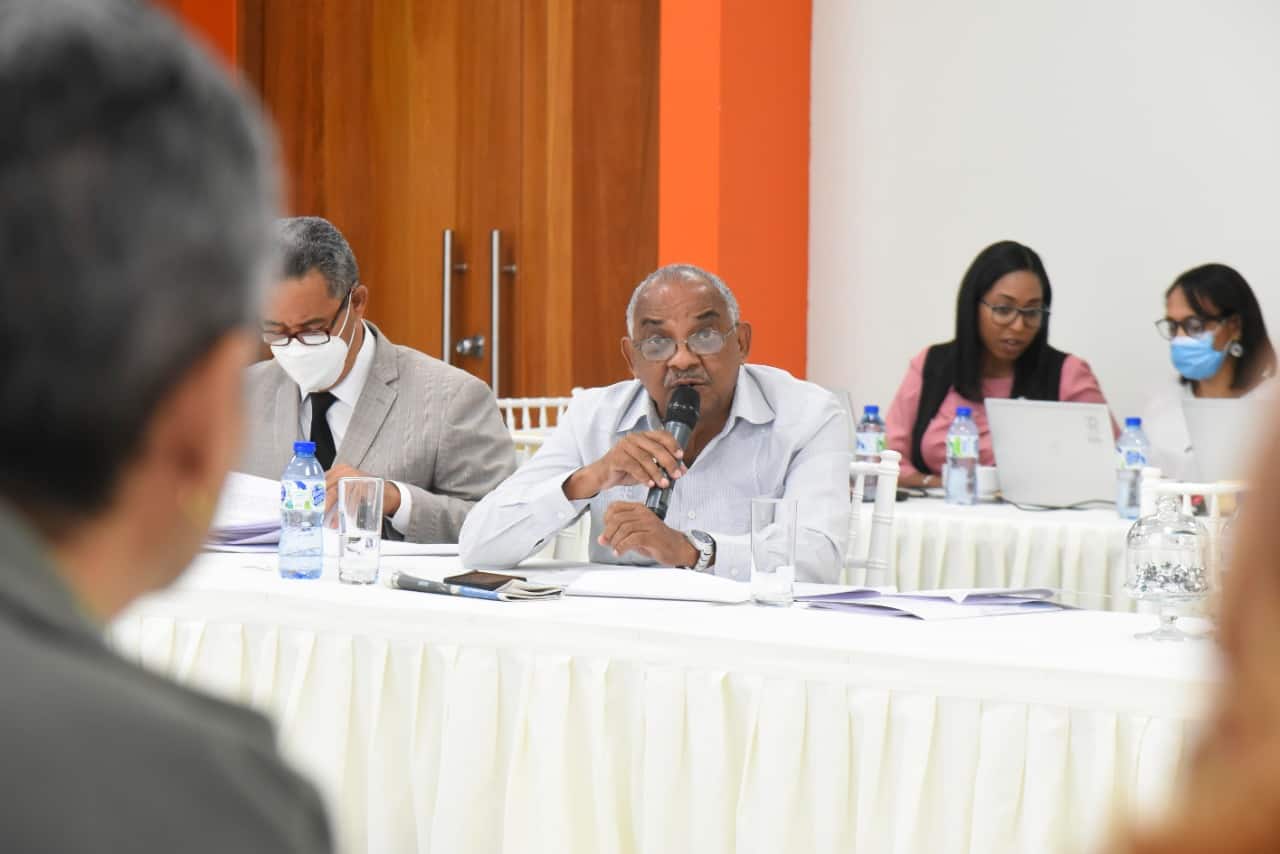
He said that it should be remembered that the Constitution proclaimed in 2010 has a provision in article 272 that restricts the possibility of introducing certain reforms on certain issues that the Constitution itself says must be sent for ratification by a referendum popular.
Peralta stressed that at the beginning of the Government A bill was submitted to the Chamber of Deputies to regulate the referendumbut so far has not been known.
“It is taking its course and at some point we will have the law”highlighted the legal consultant.
He said that, without the law of referendumwhich the Constitution itself mandates, there are issues that, in order to be dealt with, must be by that figure.
“The electoral issues and those related to the reform of the Constitution itself, to mention two cases, if we were to introduce a proposal to reform the Electoral Regime, we could not, because after the reviewing assembly approved it, it is necessary, by mandate of the Constitution. , to be sent to a referendum for its ratification”, was the explanation by way of example given by the consultant.
He argued that certain issues that are provided for in article 272 of the Dominican Constitution cannot be subject to reform at this time because they depend on a referendum and the law is not approved.
Article 272 of the Dominican Constitution establishes that: “When the reform deals with rights, fundamental guarantees and duties, territorial and municipal planning; the regime of nationality, citizenship and foreigners; the currency regime and on the reform procedures instituted in this Constitution, will require the ratification of the majority and of the citizens with electoral right, in referendum approval, convened for this purpose by the Central Electoral Board, once voted and approved by the National Review Assembly.
While paragraph one says that: “The Central Electoral Board will submit to referendum reforms within sixty days following their formal reception.
“The approval of the amendments to the Constitution by way of referendum requires more than half of the votes of the voters and that the number of these exceeds thirty percent (30%) of the total number of citizens who make up the Electoral Registry, added the voters who express themselves by “YES” or for not”, says paragraph two.
This article has a third paragraph that reads as follows “If the result of referendum If it is affirmative, the reform will be proclaimed and published in full with the texts reformed by the National Revisory Assembly”.
On March 5, 2021, the Legal Consultant deposited before the Chamber of Deputies the draft law of the referendum consultation and on April 16 the first public hearings were held where it was suggested to make a referendum to recall elected officials.
Final report of the Transparency and Institutionality table
It was planned that for this Wednesday the Transparency and Institutionality table would present its final report, but at the request of the members of the space, they were given a week to review the content of the aforementioned report.
After nine meetings, the members of the space, which coordinates the Economic and Social Council (ESC), addressed more than 15 initiatives that were compiled in a report of more than 30 pages.
The preamble of the same indicates that the total of the topics that received consensus were five and disagreements were two. Of those disagreements, one was for the bill that declares the need for constitutional reform, but within it there are articles that received consensus.
In this aspect, it refers that political and technical discrepancies were expressed regarding its content, for which it was agreed to reformulate the original proposal of the Executive powerespecially with regard to the form of appointment of the attorney general of the Republic, the composition and functions of the National Council of the Magistrature, the requirements to be a judge of the high courts and the majorities required for the decisions of the Constitutional Court.
Similarly, the preamble indicates that after the adaptation of the initiative, there was consensus on most of the content, but not on the entire articles.
Around 20 were the articles of the Constitution that were observed in that space and on which consensus and dissent were presented.

